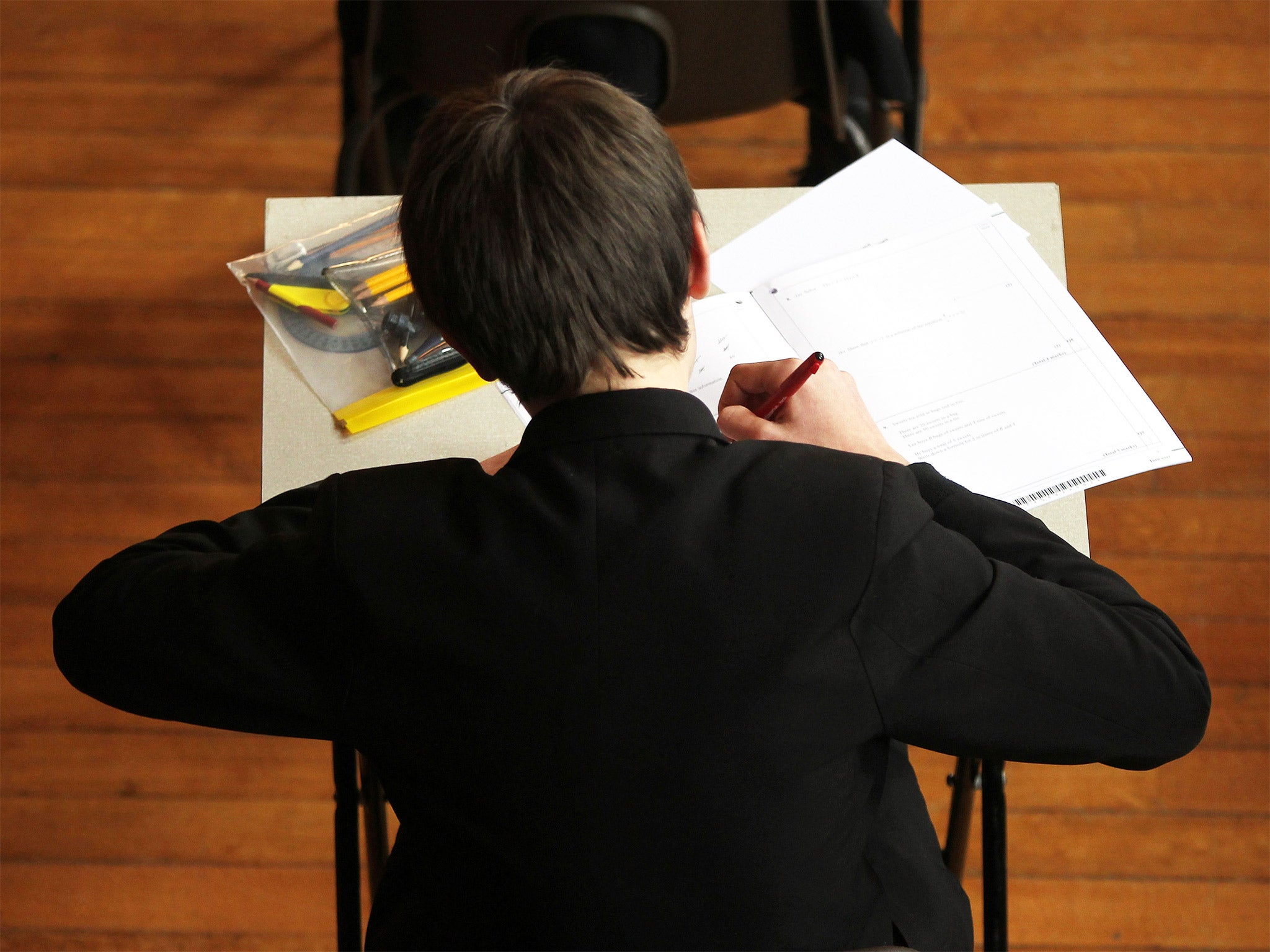Teen dropouts spoiling plans to keep young in education, Ofsted warns
Numbers leaving college rising as Government prepares laws for some training until the age of 18

The number of teenagers dropping out of college and sixth-form courses is effectively scuppering Government plans to insist all young people stay on in education or training until 18, Ofsted has warned.
Lorna Fitzjohn, the education watchdog’s director for further education and skills, said the reforms were merely delaying teenagers joining the army of 1.18 million “Neets” – young people “not in education, employment and training” – for a year, rather than providing them with a new or more reliable path to employment.
Chief schools inspector Sir Michael Wilshaw added that education and training “is not preparing young people well enough for work”. “It means they have a sloppy attitude to punctuality,” he added. “It means they are far too relaxed in terms of meeting deadlines to produce work. It means that far too many young people are lackadaisical in the way they present themselves for work. If they dress inappropriately, speak inappropriately and have poor social skills, they are not going to get a job.”
In a damning indictment of programmes for 16- to 19-year-olds, Ofsted cautioned:
- There were not enough good English and maths teachers to effectively carry out former Education Secretary Michael Gove’s plan to insist all those who failed to gain a C grade at GCSE in the two subjects should carry on trying to obtain top-grade passes
- Some schools and academies were refusing permission for pupils who did not achieve the grade to stay on, as the institutions become increasingly competitive
- Too few learners were progressing to apprenticeships, employment or higher education because careers advice is “shockingly” weak.
Under the Government’s reforms, all teenagers from August 2013 must stay in education or training until the age of 17. From August 2016, the leaving age will increase to 18.
Sir Michael said the principle behind the legislation was “undoubtedly a good one”. “Nevertheless, the gap between the good intentions of government policy in relation to this age group and the reality of what is happening on the ground is worryingly wide,” he warned.
He added: “Youth unemployment is far too high and it is in everyone’s interest to make sure that young people receive the very best education and training to improve this situation. The consequences – if we do not get this right – are too serious to ignore.”
A spokeswoman for the Department for Education said: “The number of Neets is at its lowest since consistent records began... The latest figures show the numbers of those over the age of 17 taking GCSEs in English and maths are rising, giving thousands more the vital knowledge and skills demanded by employers.”
Join our commenting forum
Join thought-provoking conversations, follow other Independent readers and see their replies
Comments
Bookmark popover
Removed from bookmarks